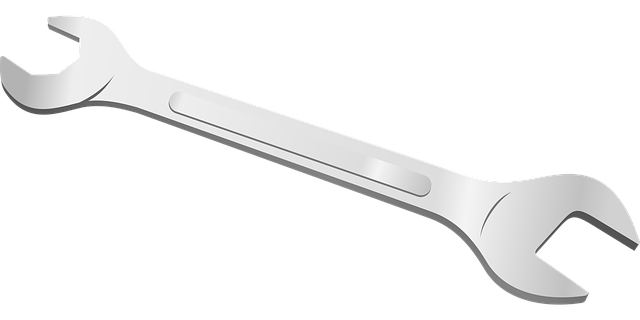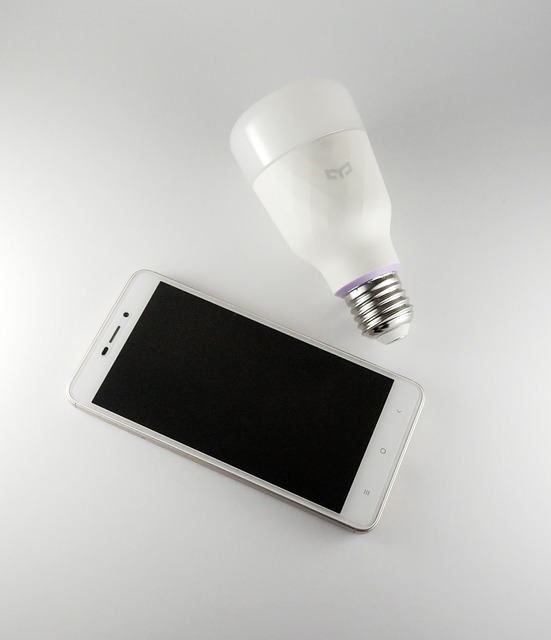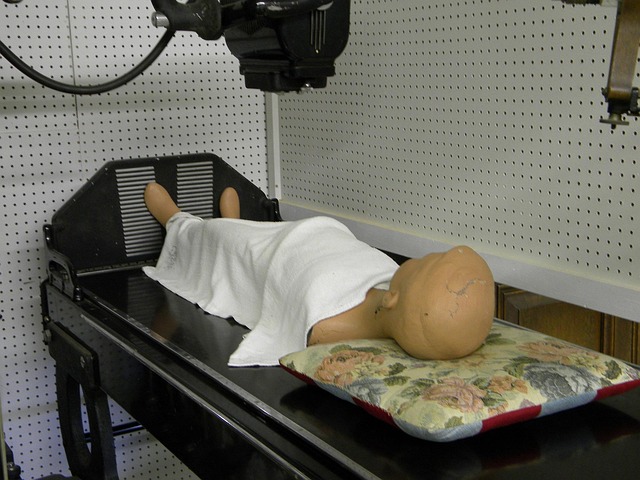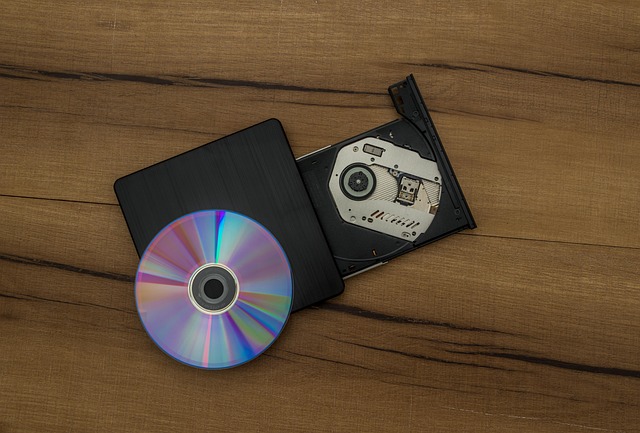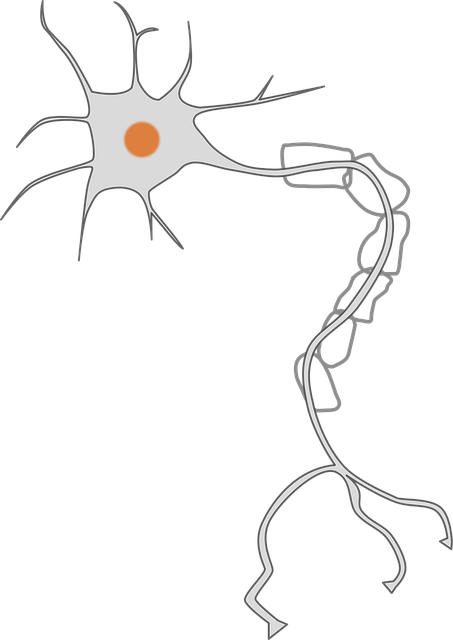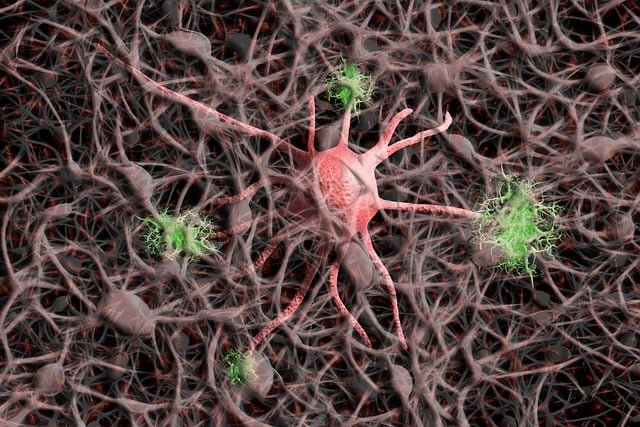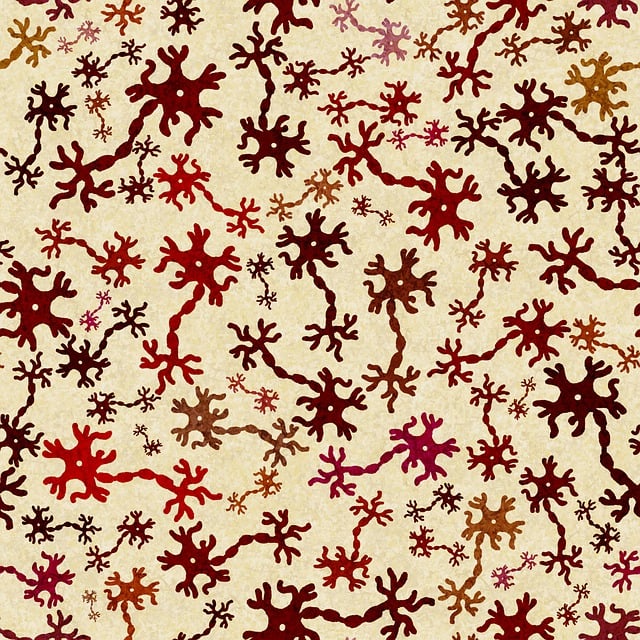A car crash can cause nerve compression and pain due to spine misalignment. Chiropractors offer a natural, non-invasive treatment for pinched nerves using manual adjustments, exercises, and joint mobilization to realign the spine, relieve pressure, improve communication between brain and body, reduce inflammation, and support healing, addressing symptoms and underlying causes for faster recovery.
After a crash, understanding nerve compression is crucial. Chiropractic care offers a natural approach to restoring nerve function, addressing issues often overlooked by traditional medicine. This article explores how chiropractic adjustments can alleviate pain and improve mobility for individuals seeking relief from pinched nerves post-accident. Discover the benefits of this alternative treatment method, focusing on its effectiveness in managing symptoms and promoting overall well-being.
- Understanding Nerve Compression after a Crash
- Chiropractic Care: Restoring Nerve Function
- The Benefits of Chiropractice for Pinched Nerves
Understanding Nerve Compression after a Crash
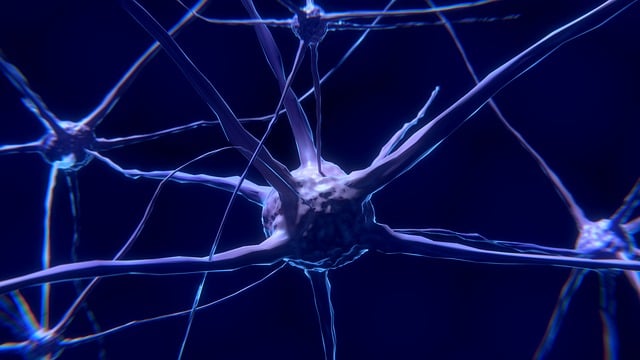
After a car crash, it’s common for individuals to experience nerve compression and pain. This can occur due to the sudden impact and subsequent misalignment of the spine, which puts pressure on nearby nerves. Chiropractors are experts in diagnosing and treating such conditions, offering a non-invasive treatment option for pinched nerves after a crash.
The initial assessment involves a thorough examination of the spine and nervous system to identify the source of compression. Chiropractors use various techniques, including manual adjustments and specific exercises, to relieve pressure on the affected nerves. This treatment aims to restore nerve function, reduce pain, and improve overall mobility, offering an effective solution for those seeking alternative care after a crash-related injury.
Chiropractic Care: Restoring Nerve Function
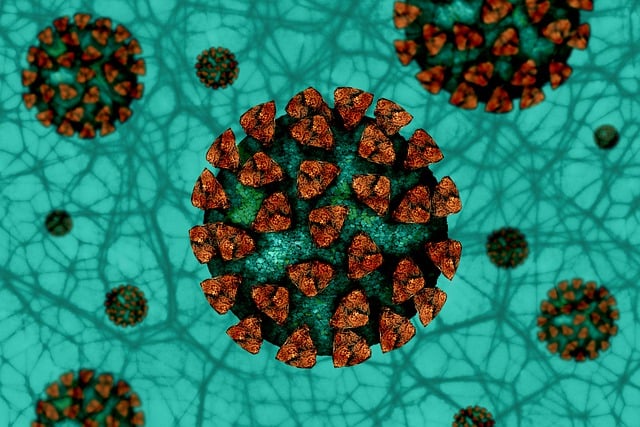
Chiropractic care offers a natural and non-invasive approach to nerve pathway restoration, especially following an accident like a car crash. Chiropractors are trained to diagnose and address issues with the nervous system, which can be significantly impacted by trauma. When nerves are pinched or compressed due to musculoskeletal injuries, chiropractic adjustments can help realign the spine and alleviate pressure on these vital pathways.
Through specialized techniques, such as spinal manipulation and joint mobilization, chiropractors work to restore proper nerve function. This treatment is particularly beneficial for individuals experiencing pain, numbness, or tingling in areas served by the affected nerves. By promoting better communication between the brain and body, chiropractic care can help improve overall mobility, reduce inflammation, and support the body’s natural healing processes after an injury from a crash.
The Benefits of Chiropractice for Pinched Nerves

Chiropractic care has proven to be an effective treatment for individuals suffering from pinched nerves, often as a result of accidents or injuries like a car crash. When a nerve is pinched, it can cause pain, numbness, or tingling sensations in the affected area. Chiropractic manipulation, or adjustment, is a non-invasive procedure that aims to restore proper alignment and function to the spine, alleviating pressure on these trapped nerves.
The benefits of chiropractic care for pinched nerves are numerous. It can help reduce inflammation, improve nerve conductivity, and promote healing. Chiropractors use a range of techniques, including gentle adjustments, soft tissue therapy, and exercise recommendations, to not only relieve immediate symptoms but also address the underlying causes of nerve compression. This holistic approach ensures that individuals receive comprehensive care tailored to their specific needs, enabling them to recover faster and live more comfortably after an accident or injury.
After a crash, nerve compression can significantly impact an individual’s well-being. Chiropractic care offers a natural and effective treatment for pinched nerves by restoring nerve function through precise adjustments. This non-invasive approach not only provides relief from pain but also enhances overall mobility, making it an excellent alternative to traditional medical treatments for those seeking a holistic remedy for nerve-related issues stemming from car accidents.
